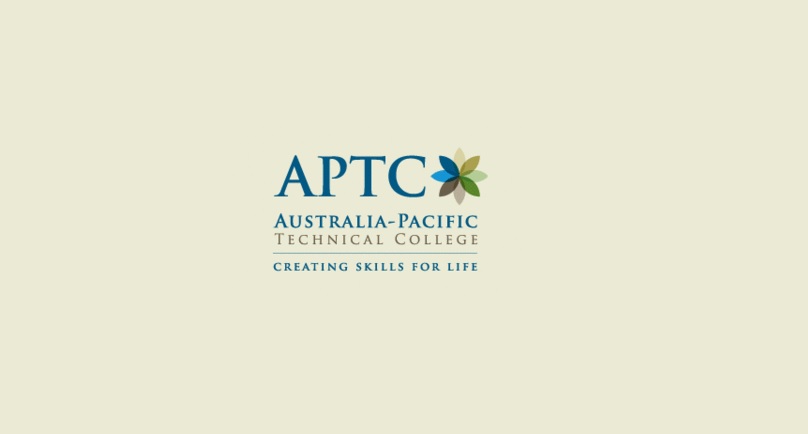by Tokana Hasavi Jnr – EM TV, Port Moresby
Yesterday marked the International Day for the Elimination of Violence Against Women.
Women and girls usually face biased judgement and heinous violence, particularly from cultures that view women as second-class because of their gender.
But emphasis has been placed on education as a tool to build the credibility of women and change this trend of biased treatment.
Yesterday, the Australia Pacific Technical College (APTC) held its 14th graduation in Port Moresby and saw 34 women pass with internationally endorsed certificates in various practical courses.
APTC has a wide range of technical courses that Papua New Guineans and other Pacific islanders can take to accomplish certified Australian technical skills.
The graduates were given certificates in automotive mechanical technology, carpentry and engineering fabrication to name a few.
The main highlight of the graduation was the passing of over 30 female graduates in courses such as Automotive Mechanical Technology, a course usually dictated by their male counterparts.
These brave women now join over 6,500 students who have graduated since the inception of APTC in 2007. Another milestone of the college is young Theda Theo, who was APTC’s first female student in welding and fabrication and now a tutor in the same course.
Ms Theo told EM TV News that education is the prime tool for women empowerment. Being the only female tutor who now teaches both men and women, she believes that technical skills and knowledge will make Papua New Guineans a knowledge-based workforce.
Ms Theda encouraged PNG women to take advantage of educational opportunities and not be afraid to take on challenges. Guest speaker at the graduation was Australian High Commissioner’s Minister Counselor, James Hall.
Mr Hall explained that education can and has broken down barriers that impede the development of women all over the world.
A survey conducted by Amnesty International in 2013 found that in PNG, sorcery claims are often used to commit violence against women but the exact number of cases remains unknown, as many go unreported for fear of retaliation against those accused.
This paved the way for the government to pass the Family Protection Bill (2013) with an overwhelming 65-20 vote. By criminalising domestic violence, the Act provides a level of protection for women and children vulnerable to violence and other human rights abuses in the home.
However, education is perceived as the beacon of true and long-term success.


